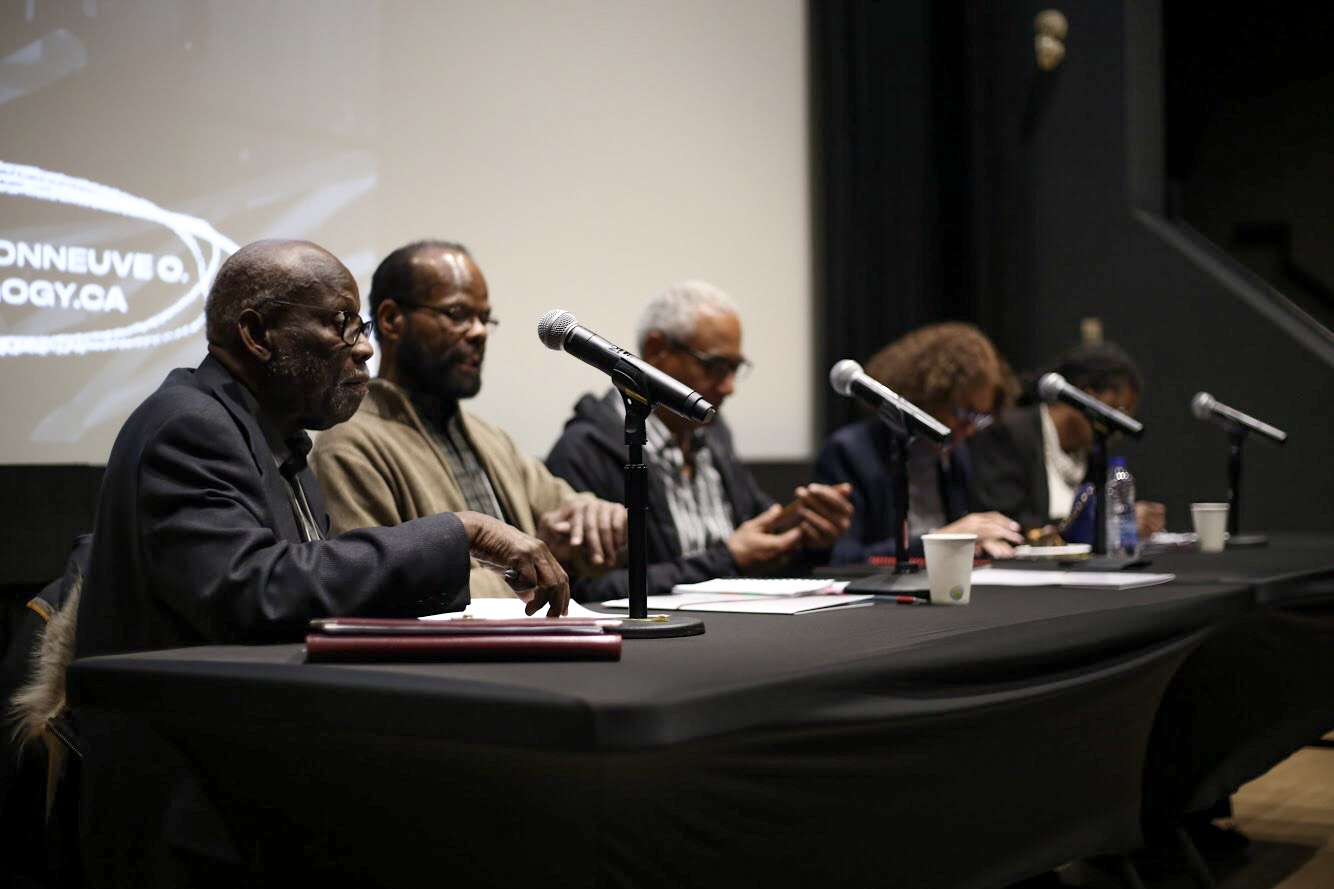The University recognized its role in anti-Black racism during Computer Centre incident
On Friday Oct. 28, 2022, Concordia’s President and Vice Chancellor Graham Carr formally apologised on behalf of the University for mishandling the events leading up to the 1969 Black Student Protests.
“We recognize the deep and often dire consequences that the actions of the University had at the time, and how these consequences have continued to echo through the years,” said Carr.
Carr delivered the apology at a press conference on the Sir George Williams campus last friday. In attendance were Rodney John and Lynne Murray, two of the students whose complaints of racial discrimination at SGWU ultimately lead to the 1969 Black Student Protests.
The University’s apology comes after the President’s Task Force on Anti-Black Racism issued its final report on systemic anti-Black racism at Concordia. Assembled in the fall of 2020, the President’s Task Force was charged with investigating how anti-Black racism is perpetuated throughout Concordia. Its findings encompass over 88 recommendations for combating anti-Black systemic racism at Concordia, including acknowledging “the role of racism in the events of 1969 at Sir George Williams University.”
“Sadly, the University’s actions and inactions were a stark manifestation of institutional racism,” said Carr. “The adverse effects of that behaviour reverberated widely, not just in Black communities in Montreal but also beyond, particularly in the Caribbean, where several of the Sir George students were from.”
After SGWU rejected the students’ complaints on Jan. 29 1969, 200 students took to the ninth floor of the Henry F. Hall Building in protest. Negotiations between the University’s administration and protestors broke down on Feb. 10 and the Montreal police were called in to resolve the conflict the following day.
Riot police stormed the building, intent on dispersing the occupation by force. In response, protesters resorted to smashing windows and hurling University property onto the streets below.
While police and protestors clashed, a fire began in the computer centre, the cause of which remains disputed to this day. Those who were still inside the building were forced to flee for their lives as crowds of onlookers chanted “let the n****rs burn.”
The riot’s aftermath resulted in over 97 people in police custody, $2 million in damages had been reported, and professor Anderson, who had been put on administrative leave during the unrest, was reinstated.
To this day, the Sir George Williams Affair remains the largest student occupation in Canadian history and a stain on Concordia’s reputation.
“For Concordia, reckoning with these events is a long overdue, necessary step. But it is not an end in itself,” Carr said last Friday.
For many, including co-founder and president of the Black Student Union (BSU) Amaria Phillips, this means ensuring that last Friday’s apology is followed up with concrete actions.
“I just really hope it’s not performative,” said Phillips. “I really hope that it’s sincere, with the intention of apologizing to make sure that we prevent anti-Black racism in the school and the University on campus for students, faculty and staff.”
According to Phillips, the BSU was heavily involved, both directly and indirectly, with the President’s Task Force on anti-Black racism during its mandate. She agrees with its findings and recommendations, but worries that the University’s commitment to tackling systemic anti-Black racism will wane if the public’s attention shifts.
“My fear is that, unless the story dies down, the cameras are off, and we’re not the focus of this anymore, they’re just going to let it slide through the cracks, and then we’ll slip back into that cycle,” said Phillips.
